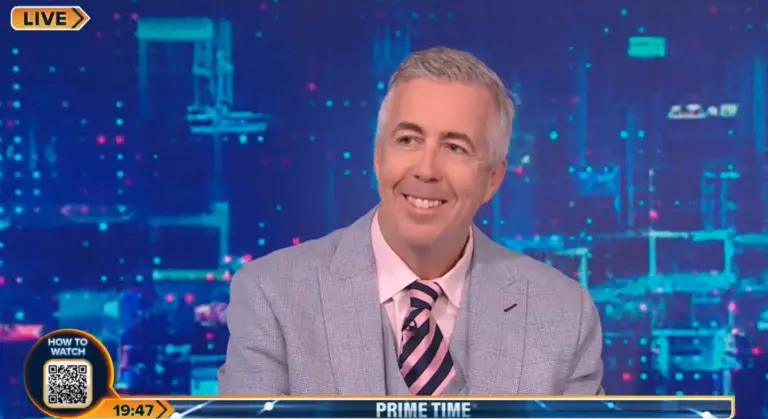Advising a cabinet minister with an East of England seat in the 2019 General Election meant I had the pleasure of spending many hours campaigning in the region’s swing seats.
It has long been a bellwether of Conservative Party fortune’s and with the May local elections drawing nearer, clues to the future of the Conservative Party in the next General Election could once again be found on the Eastern shores of England.
Following a mixed bag of electoral results in the region in recent years, the upcoming local elections could act as a litmus test for the party’s chances in the next General Election – which, despite a large lead for Labour in the polls, remains up for grabs.
Norfolk and Suffolk: The Conservative Stronghold
Historically, the East of England has been a stronghold for the Conservative Party – safe ground even. Constituencies such as South Norfolk, Suffolk Coastal, and Bury St Edmunds have consistently returned Tory MPs with comfortable majorities. However, changing demographics, Brexit and a shift in political priorities among the electorate could pose a threat to the party’s dominance in these traditionally safe Tory areas.
Norwich South is a seat the Conservatives will be watching particularly closely, as it was narrowly lost to Labour in 2017. The area’s growing student population and a strong Labour presence in the city council mean that the Conservatives will have their work cut out to win back this constituency. On the other hand, the Tories will be keen to consolidate their support in Suffolk, particularly in Ipswich, where they ousted Labour in 2019 with a relatively slim majority.
Essex: A Potential Swing County
Essex has long been a battleground between the Conservatives and Labour, with several marginal constituencies that could be decisive in the next General Election. One such seat is Thurrock, where the Conservatives managed to hold on in 2019 by a mere 345 votes. However, recent polling suggests that Labour has gained ground in the area, potentially due to dissatisfaction with the government’s handling of Brexit negotiations, the COVID-19 pandemic, as well as the fallout from the Johnson and Truss eras of leadership.
Another seat to keep an eye on is Harlow, which the Tories won in 2019 but has a history of swinging between the two major parties. With the newly formed Reform UK party potentially splitting the right-wing vote, the Conservatives may struggle to retain their majority in this key seat.
Cambridgeshire: The Liberal Democrat Challenge
The rise of the Liberal Democrats in the East of England poses another challenge to the Conservatives. In 2019, the Lib Dems have been making gains in remain-voting constituencies, such as South Cambridgeshire. The party’s pro-EU stance and commitment to tackling climate change have resonated with a significant portion of the electorate, particularly in areas with large numbers of well-educated, middle-class voters and students. The Conservatives will need to address these concerns to maintain their support base in these regions. Something that’ll be easier said than done!
The East of England has long been considered a safe haven for the Conservative Party, but changing political dynamics could turn the tide in the upcoming local elections and beyond as voters still make up their minds about Rishi Sunak as Prime Minister. The party will need to address the concerns of its traditional voter base while also appealing to the shifting priorities of younger and more progressive constituents. Perhaps Sunak will be better placed to deliver this than the two previous incumbents of Number 10?
The May local elections will provide a crucial indication of the party’s prospects in the region – and indeed the wider country. If the Tories manage to hold onto their heartlands in Norfolk and Suffolk, while retaining key marginals in Essex and fending off the Liberal Democrats in Cambridgeshire, they will be in a strong position heading into the next General Election. However, a poor showing could signal a broader shift in the East of England’s political dynamic and leave the Conservatives facing an uphill battle to regain power and piling the pressure on Sunak so early on his tenure at the top.




